Actionable Intelligence: The Path to Delightful Customer Journeys
The Power of Data in Retail
Data has become an invaluable asset for brands looking to enhance their customer connections. Retailers can no longer rely on intuition alone to understand their customers' needs and preferences. By leveraging data analytics, they can gain deep insights into consumer behavior and tailor their strategies accordingly.
As data collection technologies advance, retail brands have access to a wealth of information that can be used to create personalized experiences. From tracking online browsing habits to analyzing in-store purchasing patterns, data is transforming the way retailers engage with their customers.
Yet, analytics only goes so far in creating new revenue streams - retailers need Actionable Intelligence.

Actionable Intelligence: The Key to Customer Happiness
One of the most significant benefits of using data in retail is the ability to personalize the customer experience. Personalization goes beyond addressing customers by their names; it involves curating offers, recommendations, and services that resonate with individual preferences.
Most of today's brands were not built for the data revolution currently underway. To deliver personalized services, they rely on a mix archaic sets of marketing funnels, analytics, cohort segments, sentiment analysis, social media scavenging etc. Much of the information that populates these rag tag solutions is managed by agencies and even the simplest ofcampaigns planned around a big event, say Superbowl LIX can take months of planning, data gathering, and analysis. By the time the offers are sent out, the information that they are based on may not be actionable anymore - for example, the target may have already abandoned their intent to buy Jordan sneakers and switched over to another brand.
Retailers and marketers need to embrace behavioral data rather than inferred intent to ensure accuracy, relevance, and impact. This shift emphasizes observable actions over subjective interpretations, providing a more reliable foundation for strategic decisions.
The Value of Behavioral Data
Behavioral data refers to measurable actions taken by individuals. Unlike intent, which is speculative and often derived from surveys or indirect cues, behavior offers a factual and objective basis for analysis. This distinction is pivotal for decision-making, as it reduces the risk of bias and ensures decisions align with actual user patterns.
For example, in retail, rather than assuming intent based on demographic or psychographic data, marketers can design tailored campaigns that directly address proven behaviors, whether it is with the brand or with partners in the brand's ecosystem - also refered to as multi-party data.

Why Behavior Outweighs Intent
1. Accuracy: Behavioral data captures real-world actions, eliminating the guesswork associated with interpreting intent.
2. Scalability: Tracking behaviors across large datasets is more straightforward than assessing subjective intent, making it scalable for organizations handling vast user bases.
3. Timeliness: Behaviors are immediate and trackable in real time, enabling quick responses to emerging trends or issues.
4. Actionability: Decisions based on behavior can directly influence outcomes, such as improving customer experiences or optimizing operations.
Case Example
In retail, behavioral data plays a pivotal role in personalizing customer experiences. For instance, an online fashion retailer can leverage multi-party data to understand specific behaviors - did a customer go to a concert, did they travel for a vacation, do they frequently buy for kids etc. The answers to these questions can lead to a high degree of personalization, that is also relevant to the customer. DataCurve's Logicware platform is designed to take advantage of the patterns, feedback loops and the cross functional nature of data to help retailers not only create better user experiences but also new revenue channels via co-marketing and co-branded inventory.
The Future of Retail: Actionable Intelligence
As technology continues to evolve, the future of retail will be heavily influenced by actions taken to drive more revenue.
By staying ahead of technological advancements and leveraging data effectively, retail brands can create seamless shopping experiences that meet the ever-changing expectations of their customers. The key lies in continuously adapting and evolving with the data insights available. By prioritizing what people do over what they may intend, retailers can achieve greater precision, adaptability, and impact in their strategies.
Enhancing customer connections through data is not just a trend—it's a game-changer for retail brands aiming for success in the digital age. By embracing DataCurve's Actionable Intelligence platform Logicware, retailers can build stronger relationships with their customers, improve service delivery, and drive innovation for future growth.
